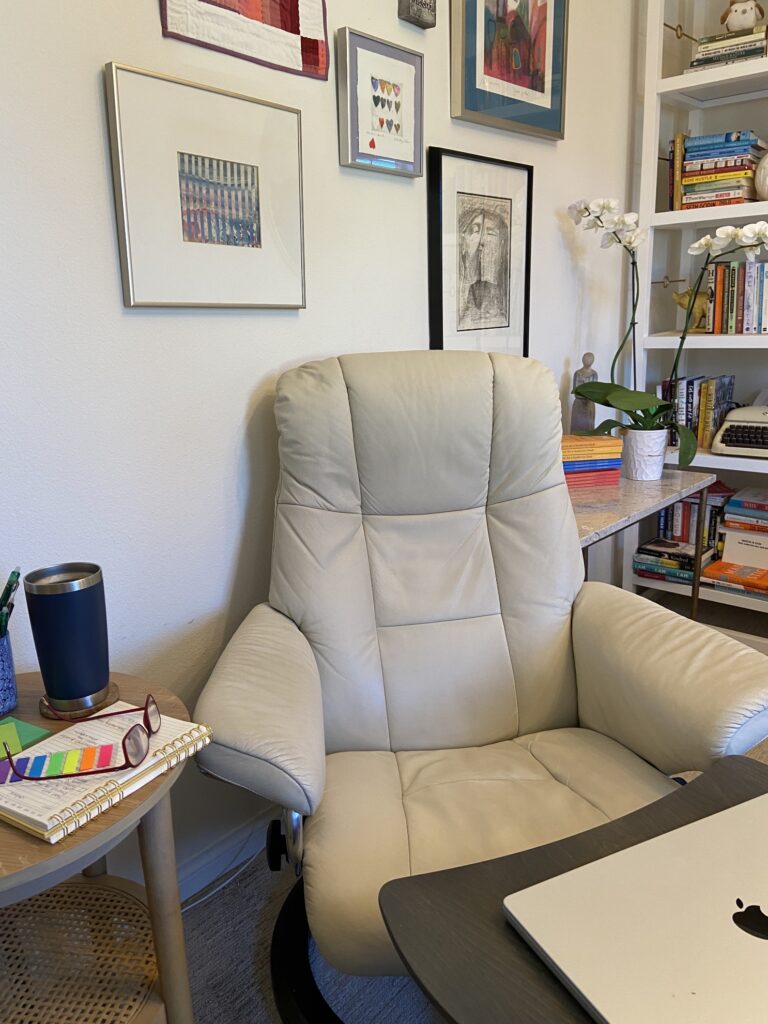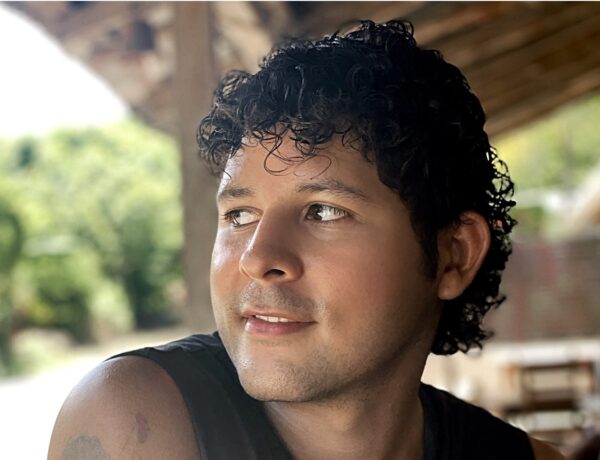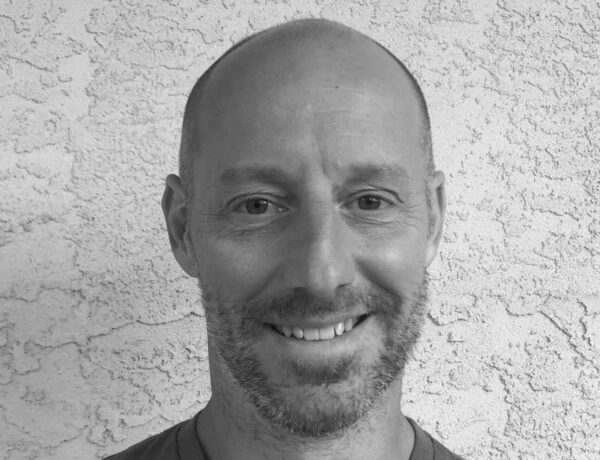Jennie Nash is the founder and CEO of Author Accelerator, a company that trains, certifies, and supports book coaches so they can help writers do their best work.
Jennie’s own clients have landed top agents, six-figure book deals, and spots on the New York Times and Wall Street Journal bestseller lists. She is the author of 11 books in 3 genres, including Blueprint for a Book: Build Your Novel from the Inside Out and Blueprint for a Nonfiction Book: Plan and Pitch Your Idea.
Looking for inspiration to help you achieve your writing goals? Subscribe to our newsletter for exclusive insights into the routines, habits, and techniques of some of the most celebrated authors in history.
Hi Jennie, welcome to Famous Writing Routines, great to have you here with us today! You have an impressive background in publishing, having worked at Random House and contributed to a range of publications. How did this experience shape your approach to book coaching?
I’ve always loved to write but I have also always been obsessed with the creative process—with how people get their work done, and how creative work is brought to the marketplace. The machinery of it all fascinates me, and everything I learned working in book and magazine publishing, and teaching in writing programs, has gone into my approach to book coaching— particularly what I learned doesn’t work.
I started in publishing at a time when the slush pile was an actual pile of printed manuscripts, and it was stunning how many of them were subjectively bad. Why did so many people have such a skewed understanding of what was required for publication?
I later spent many years teaching in one of the nation’s premier adult education writing programs and the same pattern played out there: I saw students who cycled through all the courses on offer, learning this bit and that bit, but never actually learning to write a book.
When I had the chance to design a coaching program to take one of my colleagues all the way through the entire book writing process, offering accountability, editorial feedback, emotional support, marketplace intelligence, and project management skills to hit the desired deadline, I didn’t look back. Here, finally, was a repeatable process that worked.
My company, Author Accelerator, is on a mission to lead the emerging book coaching industry, because I believe there is no better way to learn how to write.
You’ve published seven books, both traditionally and self-published. Can you tell us about the process of self-publishing and what you learned from that experience?
We live at an extraordinary time, when anyone with a computer has access to the means of publishing a book. What I have learned is that, no matter how you choose to publish, you better write a good book and you better have a plan for getting it into readers’ hands. I have self-published books where I did this and I have self-published books where I did not. There is no debate about which is better.
As a book coach, you’ve helped many of your clients achieve incredible success, including landing top New York agents and snagging deals with major publishers. Can you talk about some of your proudest moments as a book coach?
Having clients hit the New York Times and Wall Street Journal bestseller lists was obviously a thrill (I cried!), but the moments that make me most proud are the very quiet ones—the ones where a writer is in tears and I just sit with them and hold that space. Or where they come back after devastating news and write the next lines. It’s the tiny breakthroughs I love—because without those, none of the big things ever happen.
You mentioned that you love the creative process and guiding others through it. Can you share some of your favorite tips for writers who are struggling with writer’s block or other creative challenges?
The best way to get your motivation back is to tap into your WHY – your reason for wanting to write in general and to write this book in particular. Your why might be external – you want validation or money, or to help people, or entertain them, or teach them. Or it might be internal – you want to prove to yourself you can do it or you are filled with rage at the injustices of life on this planet, or in this culture, or in your family. Articulating why your books matter to you is the best motivation.
Do you struggle to stay focused while writing? You’re not alone! That’s why Famous Writing Routines recommends Freedom – the ultimate app and website blocker for Mac, Windows, Android, iOS, and Chrome. With over 2.5 million users, Freedom helps writers stay on task and avoid distractions. Get started for free today and reclaim your productivity!
What advice do you have for writers who are struggling to find their voice or unique style?
To find your voice, you have to learn to trust yourself. To claim your voice, you have to do the work of pinning your ideas to the page. And to raise your voice, you have to let go of the idea that you are going to speak to everyone, let alone please them. There isn’t really any advice I can give about how to do this; it’s deep work, and it’s the real work of writing.
Can you share any writing exercises or prompts that have been particularly helpful to your clients or to yourself?
One of the most helpful exercises any writer can do is called The Universe of Support. It’s a series of steps you take to determine who it’s safe to show your work to and who it’s not. Writers harm themselves all the time by sharing their work with the wrong people at the wrong time; making better choices around this is one of the ways you can improve your work the fastest. This link takes you to a PDF you can download to try it out: Universe of Support
Writing can be a lonely pursuit, and many writers struggle with self-doubt and confidence issues. How do you help your clients overcome these challenges and stay motivated?
The world can be so harsh to writers—you get rejected, you get judged, or you get ignored. I work hard to create a safe space for growth, which means that my writers feel safe trying, and safe failing, and safe succeeding.
The root of it, I think, is that I believe they can get there. Having someone believe in you makes all the difference. I remember hearing a quote once about a legendary Harvard crew coach. What his rowers said about him was, “He made us believe in ourselves.” I believe that’s what a book coach is doing.
I am currently being coached by one of the book coaches I trained. She recently gave me some really tough feedback, basically telling me that I was playing small on a book where my intention (my why) is to go really big and widen my impact. She has done such a good job of making it safe for me to fail and safe for me to succeed, that this news wasn’t even that hard to hear. I thought, Yes, she’s right – and she is waiting for me to make it better. She knows I can make it better. And I know I can too – so here I go.
What are some common misconceptions about the writing process that you think aspiring writers should be aware of?
One big misconception people have is that it’s fun all the time. They expect it to be easy or exciting or pleasant and it is often just hard work. There is a point at which it is folding socks, sweeping up leaves, doing the dishes. It’s just work.
Another misconception is that while it’s solitary work, very few people actually do it alone. One glimpse at any book’s acknowledgement proves that! Pros in every industry ask for help, and writing is no different.
If you could have a conversation with any author throughout history about their writing routine and creative process, who would that person be?
I would pick someone who guided a great many authors through the writing process– Ursula Nordstrom. She edited Maurice Sendak, EB White, and Laura Ingalls Wilder, among many others. I would love to pick her brain about what she knew about the conditions for doing great work.
I’d love to know about the books you’re reading at the moment. What have been some of your favorite recent reads?
I have read so many good books recently! I loved Tomorrow and Tomorrow and Tomorrow by Gabrielle Zevin – a book about (among other things) the creative process! It’s riveting.
I thought Lost and Found by Kathryn Schulz was one of the best books about loss and love that I have ever read – and I have read a lot of them. Unreasonable Hospitality: The Remarkable Power of Giving People More Than They Expect by Will Guidara is my new favorite book about business. The restaurant business is brutal, and hearing Guidara talk about striving for excellence and finding joy in serving other people was so inspiring.

Affiliate disclaimer: Some links on this website are affiliate links. We may earn a small commission if you make a purchase through these links, but only promote products we truly believe in. We disclose affiliate links and give honest reviews.



No Comments